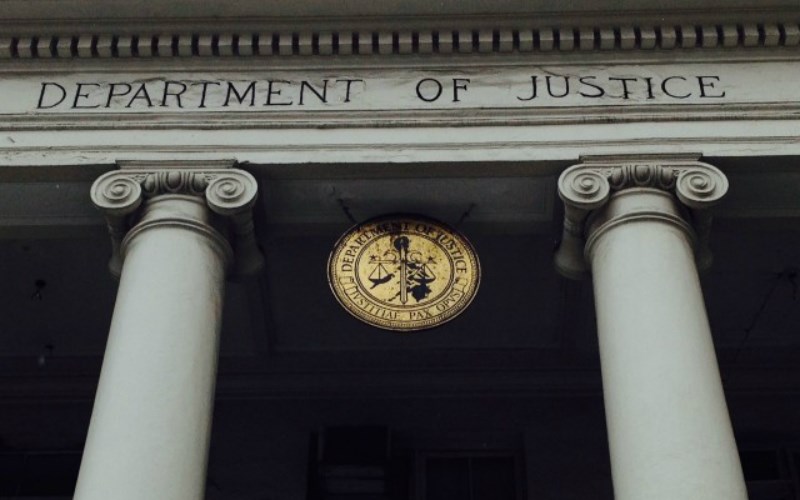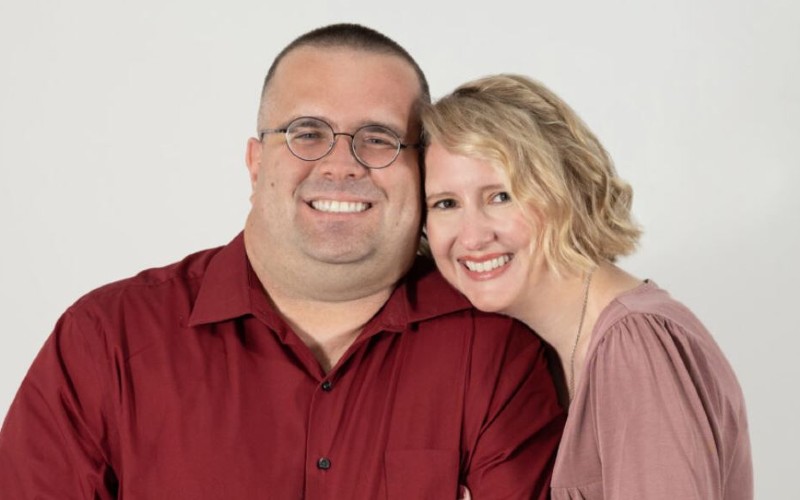According to the American Center for Law and Justice, it is now representing FBI employee Marcus Allen, a staff operations specialist, who says he angered his bosses for questioning the “official narrative” of the violent January 6 riot at the U.S. Capitol.
Allen was assigned to an FBI field office in Charlotte, North Carolina, where he was accused by his bosses of casting doubts about the Jan. 6 riot among his co-workers and urged “extreme caution” in pursuing cases.
In a May hearing on Capitol Hill, Allen testified in front of the House Judiciary Committee addressing our "weaponized" government that he was punished for questioning what he called the “official narrative” of the January 6 riot at the U.S. Capitol. In his opening statement, which can be read here, Allen compared his “unblemished service” at the FBI with accusations he held “conspiratorial views” and sympathized with the criminal conduct that happened that day. He testified he condemned any criminal activity that happened.
ACLJ is also representing Garrett O’Boyle, a special agent assigned to a field office in Kansas City. After outing his employer for targeting pro-life Americans, Boyle alleges the FBI has illegally punished him and ignored the legal protections for federal government whistleblowers.
 Boyle is facing “unconstitutional retaliation” from the Biden administration even after following legal protocols, ACLJ said last week when it announced its attorneys were representing Boyle.
Boyle is facing “unconstitutional retaliation” from the Biden administration even after following legal protocols, ACLJ said last week when it announced its attorneys were representing Boyle.
Ben Sisney, senior litigation counsel for the ACLJ, tells AFN the law firm alleges the FBI is “circumventing protections” that are promised in federal whistleblower laws, such as the Whistleblower Protection Act that passed in 1989. That law was strengthened in 2012 with passage of the Whistleblower Protection Enhancement Act, which was approved unanimously by Congress at the time.
If you’re a federal employee trying to do your job and feed your family, Sisney says, you will “think twice” about reporting wrongdoing after seeing what is happening to those who come forward.
In his witness testimony, Allen told lawmakers the FBI used his vital security clearance to retaliate against himself and against other whistleblowers. The fired agents cannot get a new job while the FBI stalls the issue of their security clearance, which is one way the DOJ retaliates against its former employers, whistleblowers claim.
With the help of attorneys, Allen pushed back by filing an official complaint with the Office of Inspector General, the Justice Department’s watchdog.
“Interestingly enough, in the wake of filing the complaint,” Allen testified, “I received correspondence from the FBI indicating that my clearance had now been formally revoked.”
 According to Fox News story, Boyle described how the FBI opened a “threat tag” in light of the landmark Dobbs abortion case. That decision made sense at the time because emotions were running high, Boyle said, but the FBI narrowed its focus to pro-life activists, in particular those associated with pro-life pregnancy centers.
According to Fox News story, Boyle described how the FBI opened a “threat tag” in light of the landmark Dobbs abortion case. That decision made sense at the time because emotions were running high, Boyle said, but the FBI narrowed its focus to pro-life activists, in particular those associated with pro-life pregnancy centers.
The FBI’s conduct is even more shocking now that abortion supporters have vandalized and even fire bombed more than 100 churches and pregnancy centers since the Dobbs ruling. Those attacks fit the legal definition of domestic terrorism but few of those terrorists have been tracked down and charged.
“When this threat tag came out, it was like, why are you focusing on pro-life people?" Boyle told lawmakers. "It’s pro-choice people who are the ones protesting or otherwise threatening violence in front of Supreme Court justices’ houses."
Federal law prohibits protests or demonstrations at the homes of federal judges but the Department of Justice is allowing them anyway, even after Justice Brett Kavanaugh escaped a planned assassination attempt at his home because the attacker backed out.







